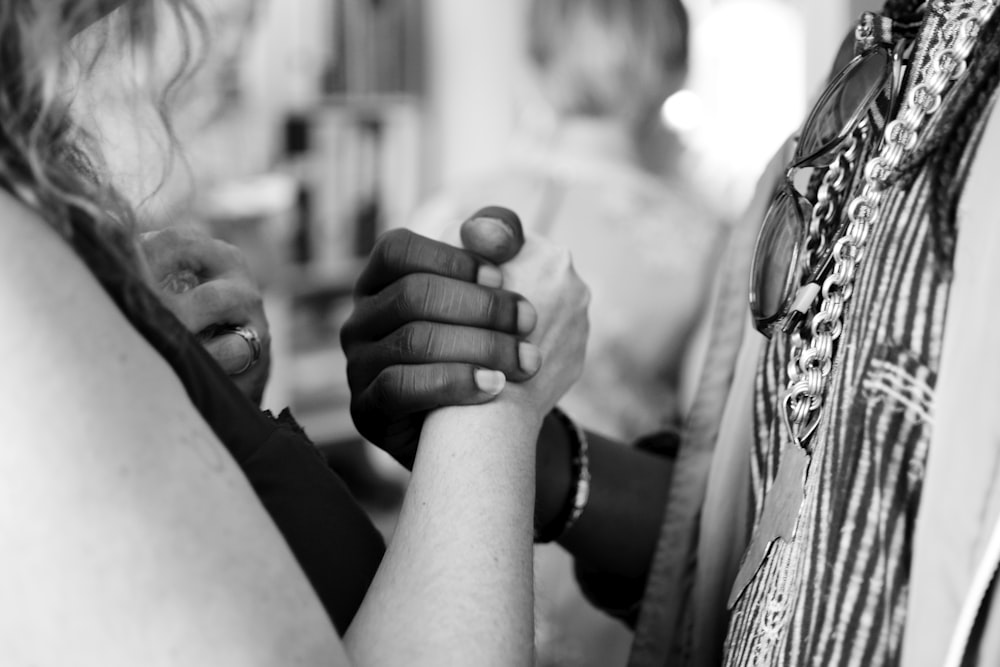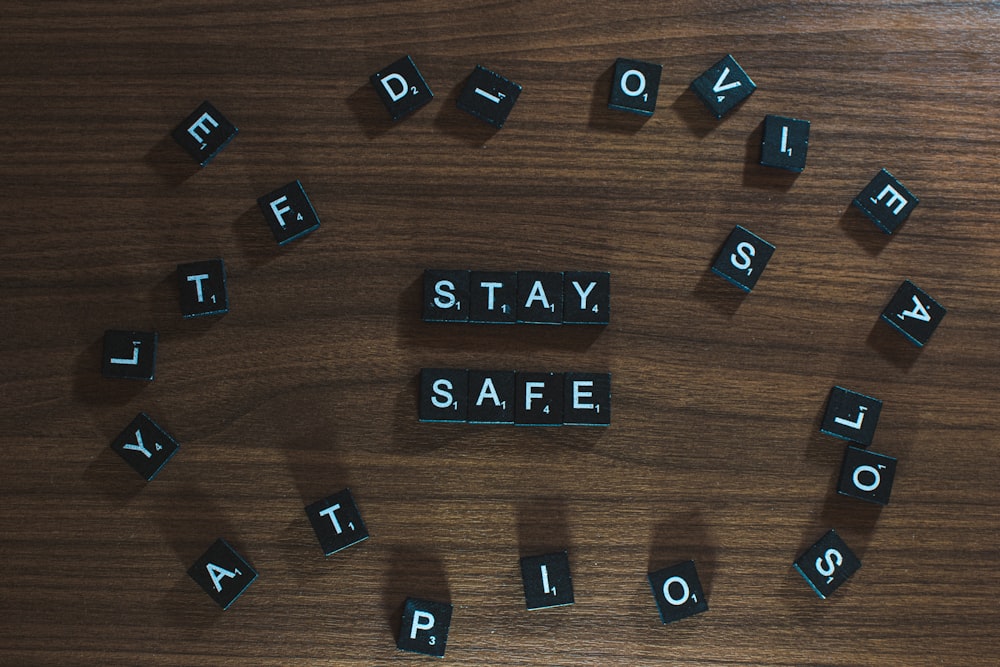Empathy is one of the most powerful emotions we have as humans. Many other animals also have empathy. Certainly, if we’ve had pets, we have seen them recognize our suffering at one time or another.
There are even stories of wolves adopting the pups of another wolf or animals in captivity such as chimpanzees, elephants, dogs, and cats becoming friends and comforting one-another.
Empathy is our ability to emotionally resonate with another person or animal. We might even one day discuss the ability to empathize with plants, as they droop in excessive sun or wilt in dry weather. It’s an ability to feel another being’s pain in a way that allows us to understand them.
Empathy brings us out of our own limited perspective and beyond our own limited feelings. As psychotherapist Erin Leonard, Ph.D. says, “It is emotional attunement which heals and empowers.”
Leonard contrasts empathy with sympathy, which involves feelings of pity for others. Sympathy and pity, she notes, tempts us to want to save others. It requires some sense of superiority. Leonard writes, “Sympathizers are on a different emotional plane. They have put themselves in a position of power because they are executing control over the other person’s situation.”
Beyond Self and Other
Empathy functions on the same plane as others. It drops any kind of superiority idea. It actually helps us extend beyond a limited notion of self. With empathy our felt emotions extend outward to connect with others.
The Buddhist practice of loving-kindness employs positive empathy. It teaches us to imaginatively send out positive feelings to beings far and wide, large and small. We can imagine the people in our neighborhood, town, and state, radiating loving-kindness to all of them.
One of the lines from the Buddhist teaching on loving-kindness says, “even as a mother cares for her child, her only child, so too, should we cherish all living beings.” The image of a mother’s love for a child is extremely powerful and direct for most of us. We have seen and felt it with our own mothers and in ourselves if we are mothers or our partners.
As a father, I know there is also a direct and powerful connection to my only child. Any pain she feels, I feel it too, almost instantly and seemingly in the same degree as her. Imagine if we could all care for everyone on earth as much as we do our children? Practically speaking, of course, we must focus on those near us, but along with children, that can include other family members, neighbors and friends, and other people we see each day.
Even if we know we cannot (and should not) get directly involved in their lives, we can imaginatively wish happiness for everyone we encounter each day in a direct and deep way. Doing so, we loosen our narrow focus on “self” and come to feel joy and love broadly and, potentially, universally.
Confronting Burnout
As a graduate student years ago I often hit or neared burnout. I saw others around me, as well, struggling. We were all working on something we loved and wanted to do a great job with the limited time and resources available to us.
Now as a parent I often confront the same. I want to be a good partner. I want to do my job well. I want to be a good dad. I want to be a good homeowner and citizen. I want, I want, I want. It is easy to become overwhelmed.
Remembering to take a moment to simply be and to simply breathe helps calm the often-chaotic flow of demands in my daily life. Learning to say “No” and take breaks is incredibly important as well. As a grad student hoping to get a job in academia, I accepted virtually every offer to work on any project with a respected peer or older scholar. I never knew which connection or which line on my CV would be the one that landed me that coveted and rare job.
That kind of uncertainty created a culture of burnout among graduate students and young academics. There are many other systemic issues that could be weighing on you right now. Education, healthcare, and housing are all particularly stressful for Americans today. Historical racial and gender disparities exacerbate these problems for many. It’s helpful to see that these are not just “us” issues, they are created by a system.
Caregivers, educators, others
Systemic issues reach out in many directions today. The COVID pandemic has exposed many of the already-fragile sectors of our society, where lack of ongoing investment and support has withered away once-strong and beloved institutions. Caregivers, educators, and many others have seen hours, stress, and threats to their own health expand rapidly while pay and benefits stagnate.
As we engage our empathy-muscles, it can help to know that others out there are struggling as well, some much more than us.
In another line from the teaching on loving-kindness from the Buddha it says, “Wishing: in gladness and in safety, may all beings be well.” Our empathy begins with taking care of ourselves and those nearest us with the greatest needs. As our capacities grow, so too can our outreach and caregiving. The ideal is not to constantly go and do more. As I noted above about my own life, that simply isn’t possible without exhaustion and eventual burnout.
Our life of taking care of our commitments and of helping others with empathy must be punctuated with our own gladness and safety.
 Justin Whitaker, Ph.D., holds a doctorate in Buddhist ethics from the University of London. He has given lectures, and taught Buddhist studies and Philosophy at Oxford University, the University of Hong Kong, the University of Montana, and at Antioch University’s intensive study-abroad program in India. A certified meditation teacher, he is a regular contributor to Patheos.com, and Senior Correspondent for Buddhistdoor Global. Justin is the official blog writer for Sunflower Counseling MT in Missoula, Butte, Kalispell, Billings, and surrounding areas. He lives in Missoula with his family.
Justin Whitaker, Ph.D., holds a doctorate in Buddhist ethics from the University of London. He has given lectures, and taught Buddhist studies and Philosophy at Oxford University, the University of Hong Kong, the University of Montana, and at Antioch University’s intensive study-abroad program in India. A certified meditation teacher, he is a regular contributor to Patheos.com, and Senior Correspondent for Buddhistdoor Global. Justin is the official blog writer for Sunflower Counseling MT in Missoula, Butte, Kalispell, Billings, and surrounding areas. He lives in Missoula with his family.



